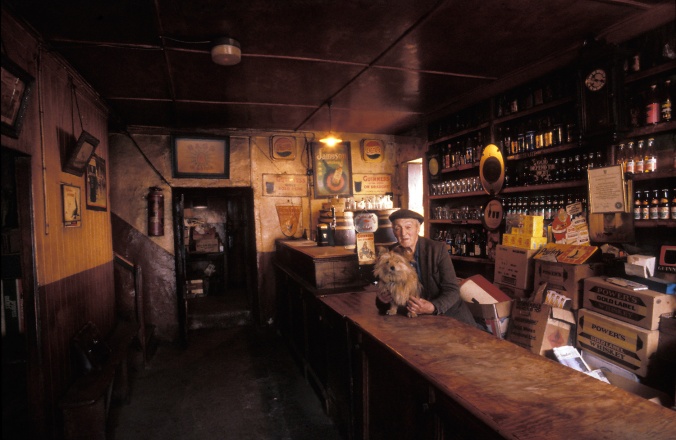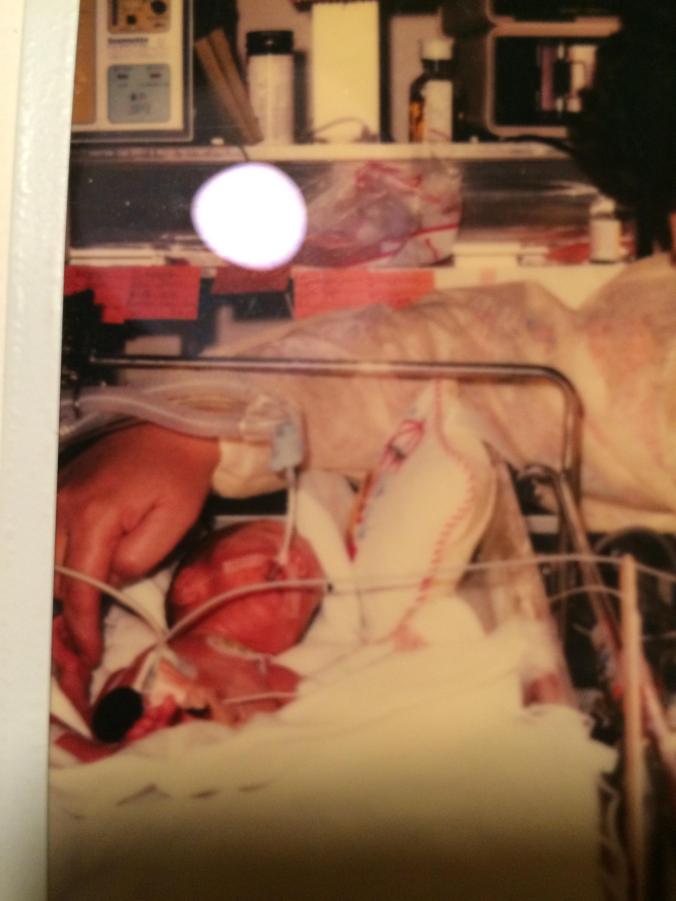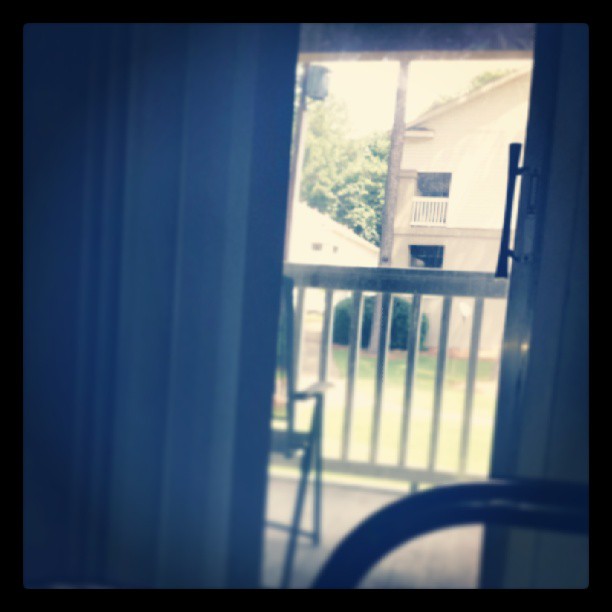LYRICS: A few hours past midnight & I can’t seem to find a way to keep the wheels from spinning in my mind, there’s got to be a better way to fix it all without the pills & alcohol, I just never can seem to unwind. & there’s nothing you can do when the end is coming for you, & there’s nowhere you can hide when only time will decide where we end up. The thing about ease is it’s fine until it up & leaves, & then you’re left with plenty of withouts, & you know you should try to stay afloat, but at that point you’re just too damn tired to swim. & there’s nothing you can do when the end is coming for you. & there’s nowhere you can hide when only time will decide where we end up. But I believe in a new day for you & me, I believe in a new way for us to be.
INTERPRETATION: “The end of a melody is not its goal; but nevertheless, if the melody had not reached its end, it would not have reached its goal either. A parable.” ~Friedrich Nietzsche
INSPIRATION: Where We End Up was written in the wake of the ’08 financial collapse. It was inspired under the peculiar circumstances of knowing I would soon lose my job – in addition to the fear of social, political, & economic instability in general. There’s a deep-seated sense of anxiety & vulnerability when confronting a seemingly inevitable outcome, yet there’s also an odd sense of hope & acceptance. At the time, it was important for me to express & document these emotions. This dichotomy also seemed an appropriate context in which to conclude Shadowlands, with an honest embracing of struggle & the sanguine.
INSIGHT: With a duration of 8 minutes, Where We End Up clocks in as Shadowlands’ longest track. I knew relatively early on in the sequencing process that this song in particular would be fitting to close out the album. Its sonic mapping starts out minimally, & gradually grows into a full-blown soundscape. The main guitar/vocal tracks were recorded live, with accompaniment & auxiliary instrumentation eventually layered in. Landing a patiently cautious tone for this production was key, & was more easily accomplished thanks to a balance of washed out synths, lazy upright bass, spare piano, & a slow motion Rumba rhythm section… & then there’s that copious coda. Whether dabbling in pedalboard sound walls, Spanish guitar scales, high strung Nashville tunings, backing vocal ooh’s n’ aah’s, or Sufjan Stevens-style odd-measure fingerpicking, Where We End Up wraps up the record with a droning amalgamation of parts, parts hopefully representative of the whole that is Shadowlands.













